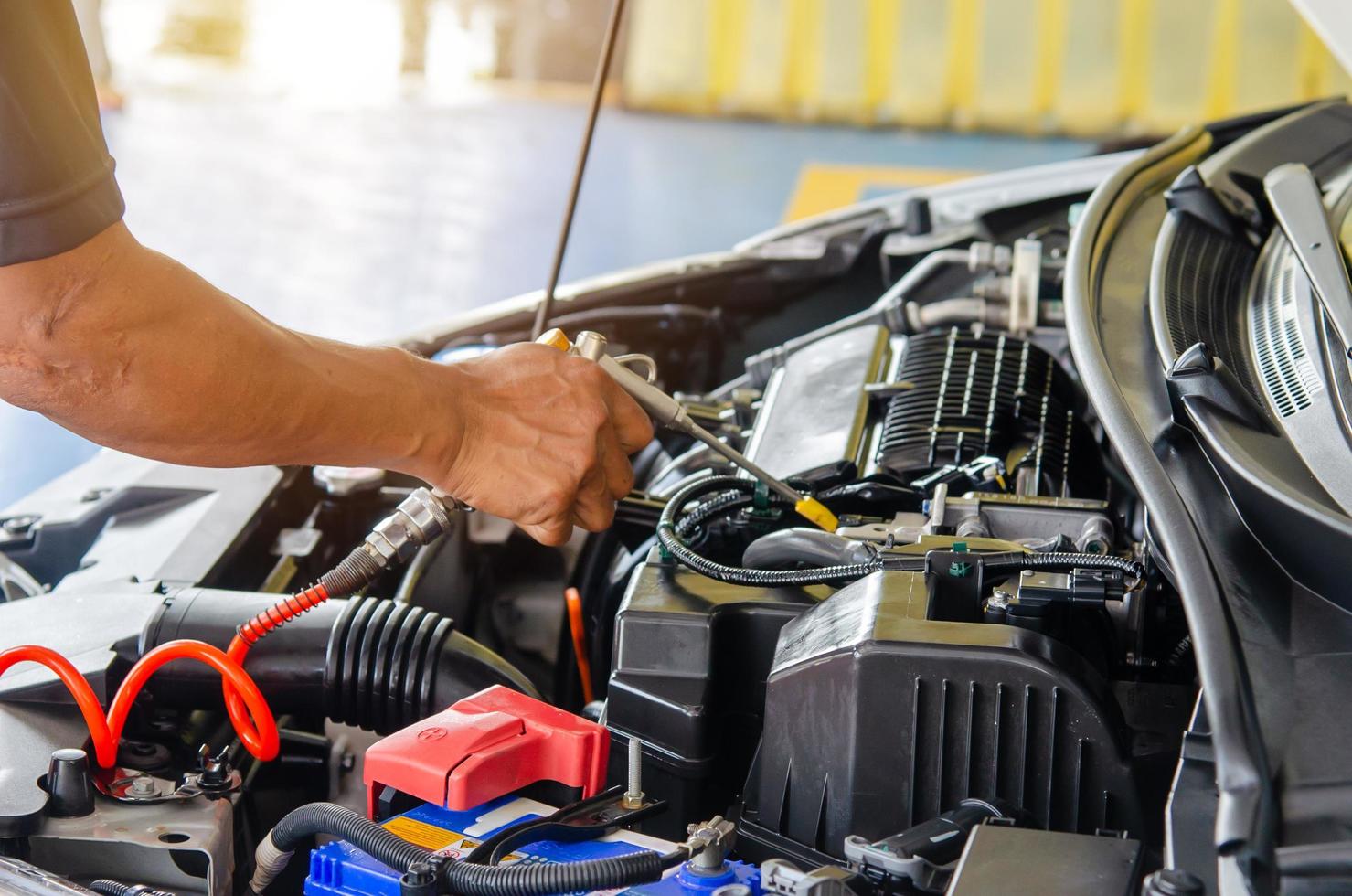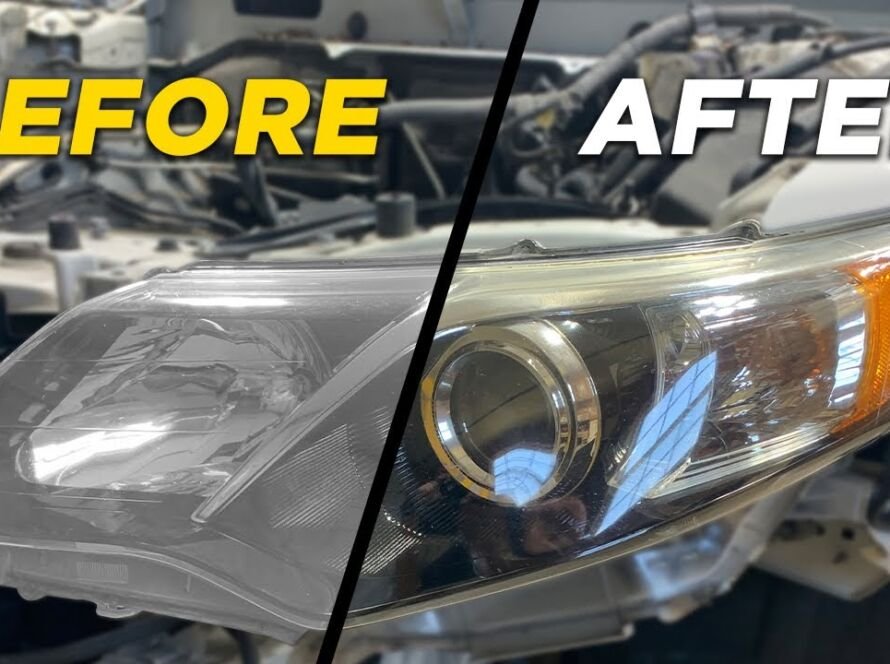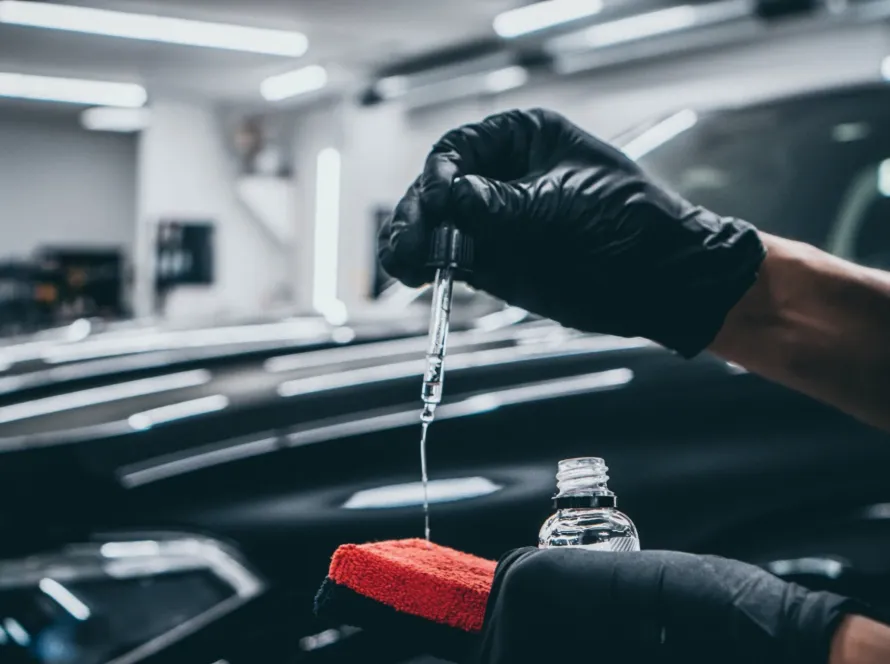Why Engine Detailing Matters
When it comes to auto detailing, most people think of shiny paint, spotless wheels, and flawless interiors. But one area often overlooked is the engine bay. Detailing under the hood doesn’t just make your car look better — it plays an important role in maintenance, performance, and resale value.
According to industry studies, used cars with a clean engine bay can sell for up to 10–15% more compared to vehicles with dirty or neglected engines. That’s because buyers (and mechanics) associate a clean engine with proper care.
The Benefits of Engine Detailing
1. Easier Maintenance and Repairs
A clean engine makes it easier to spot oil leaks, cracked hoses, and worn parts. This helps prevent small issues from turning into expensive repairs.
2. Improved Resale Value
Dealers and buyers see a clean engine as a sign of good upkeep. It increases buyer confidence and makes the car look newer overall.
3. Prevents Damage from Dirt and Debris
Grease, grime, and road debris can accelerate wear on rubber and plastic components. Regular cleaning helps extend their lifespan.
4. Professional Appearance
For car enthusiasts, a clean engine bay completes the “showroom look.” At car shows, it’s often judged as closely as the paintwork.
5. Better Heat Management
Removing built-up dirt and grease can improve airflow and help the engine dissipate heat more effectively.
How Engine Detailing Works
Engine detailing typically involves:
- Preparation – Covering sensitive electronics and allowing the engine to cool.
- Degreasing – Applying a safe automotive degreaser to dirty surfaces.
- Agitation – Brushing away grime and buildup.
- Rinsing & Drying – Using low-pressure water or damp cloths, followed by microfiber drying.
- Protective Dressing – Applying rubber and plastic protectants to hoses and trim.
Final Thoughts
Engine detailing matters because it protects your investment, makes maintenance easier, and improves your car’s value. Whether for resale, pride of ownership, or preventative care, keeping your engine bay clean ensures your vehicle runs and looks its best.
Frequently Asked Questions (FAQ)
What is engine detailing?
It’s the process of cleaning, degreasing, and protecting the components inside your engine bay.
Does engine detailing improve performance?
Not directly, but it prevents issues and makes maintenance easier.
How often should I detail my engine bay?
Every 6–12 months, or more often if you drive in dusty or dirty conditions.
Is engine detailing safe?
Yes, if done properly with the right products and precautions.
Can I do engine detailing myself?
Yes. With degreasers, brushes, and microfiber towels, DIY cleaning is possible.
Does engine detailing add resale value?
Yes. A clean engine bay increases buyer trust and improves trade-in value.
Can I use a pressure washer on the engine bay?
No. High-pressure water can damage sensitive electronics.
What products should I use for engine detailing?
Use water-based degreasers and automotive-safe dressings. Avoid harsh household cleaners.
How long does engine detailing take?
Typically 30–60 minutes depending on dirt and buildup.
Do professionals do a better job than DIY?
Yes. Professionals use advanced tools, steam cleaning, and coatings for longer-lasting results.




